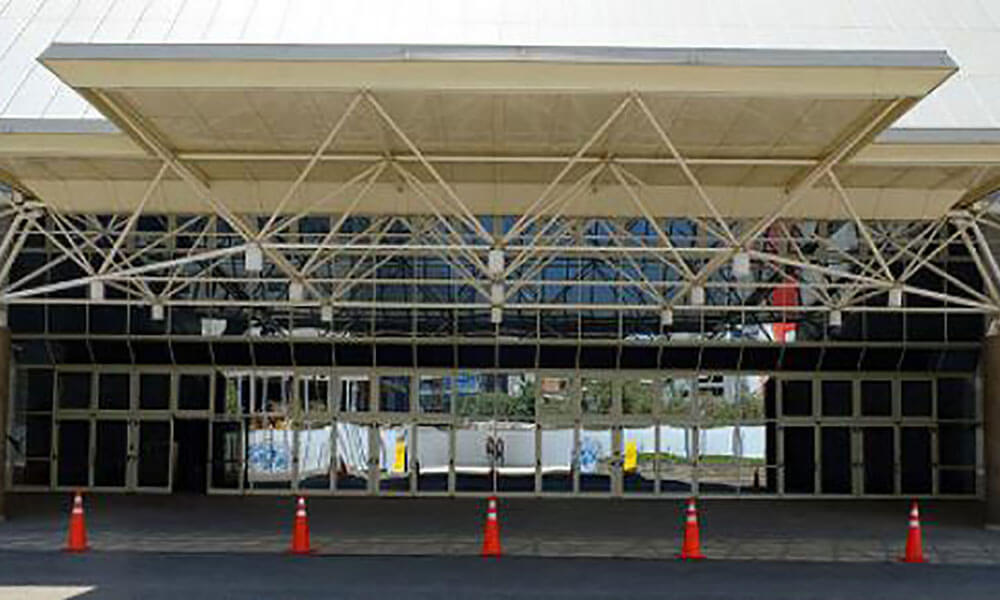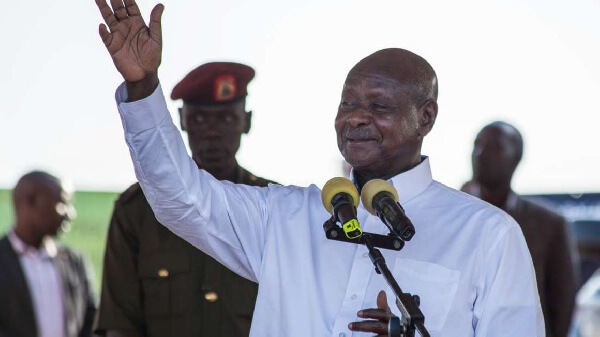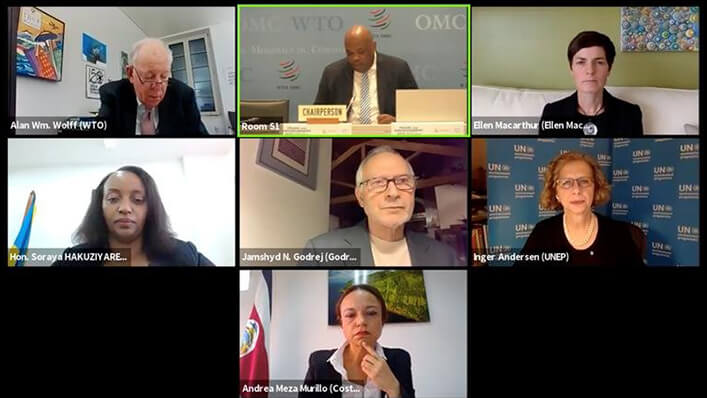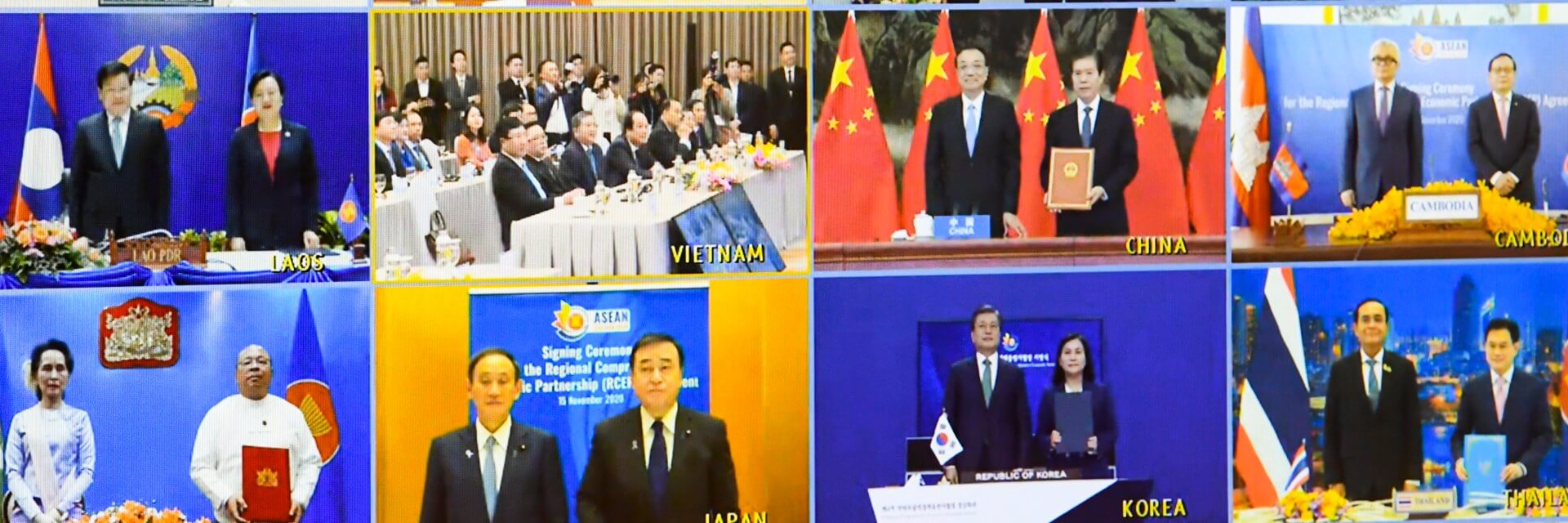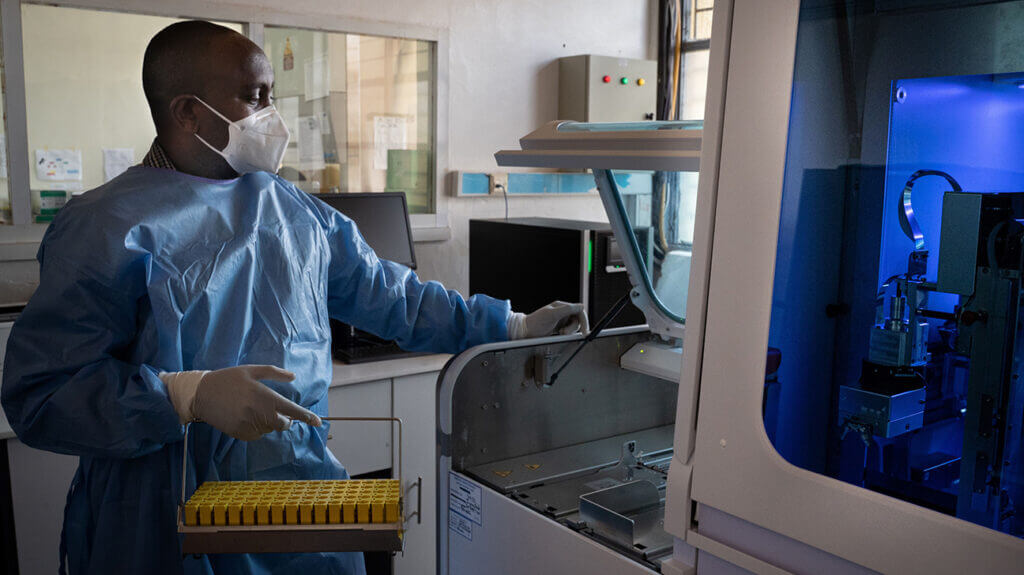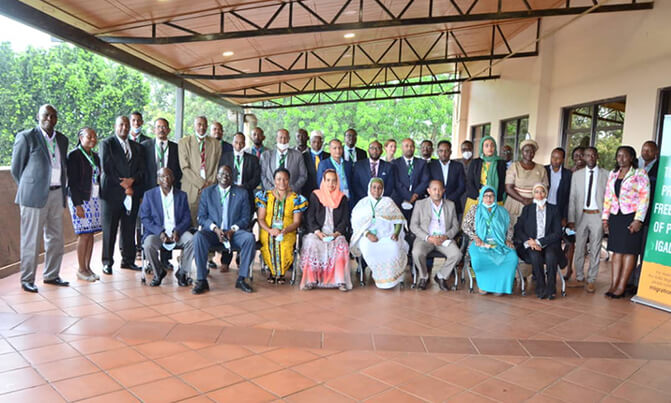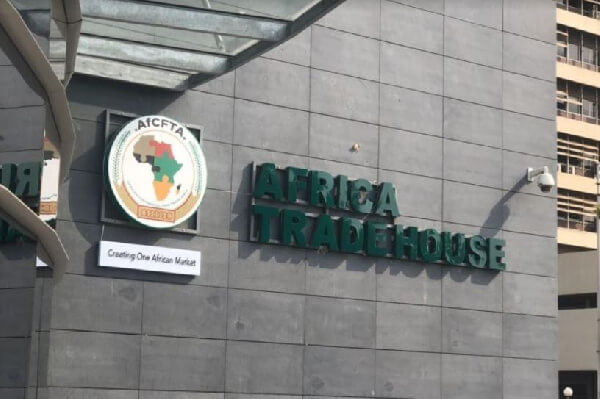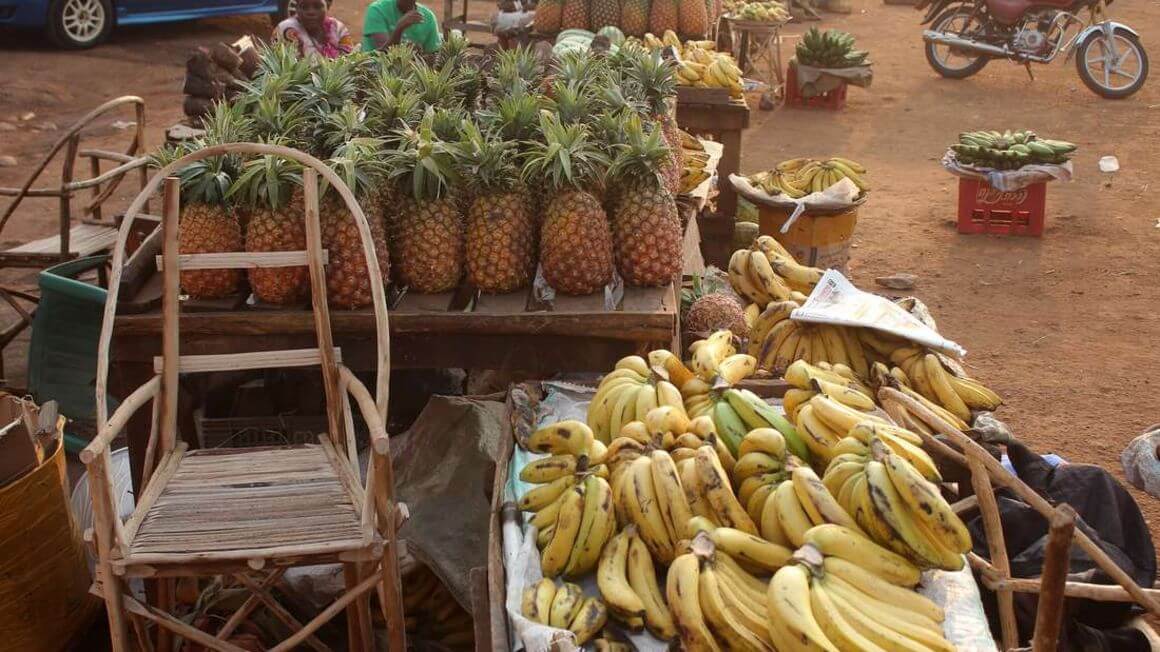Addis Ababa, 27 November 2020 (ECA) – Africa’s customs experts have given their support to the adoption of continental guidelines to facilitate free and timely flow of cross-border trade amid the COVID-19 pandemic ahead of the start of trading under the African Continental Free Trade Area (AfCFTA) on 1 January 2021. They made the pledge at a virtual meeting of Directors General of Customs on the continent organized by the African Union Commission (AUC) today, saying that the solutions must be maintained and upgraded following the crisis. The meeting observed that by magnifying Africa’s cross-border inefficiencies, the corona virus pandemic presented an opportunity to reinvigorate efforts at overcoming long-standing trade facilitation challenges. Presenting the guidelines, Mr. Stephen Karingi, ECA’s Director of Regional Integration and Trade, said they were designed to support cross-REC harmonization of Covid-19 guidelines and advance coordination and implementation of common guidelines. He said they would be presented to all relevant AU sub-committees covering customs, transport and infrastructure, among others, for consideration towards their eventual adoption. “The aim is to have the continental guidelines in place early next year to reinforce start of trading under the AfCFTA,” he said. The guidelines cover a number of new sub-sections to respond to specific gaps in existing rules, including the regulation of small-scale cross-border trade and cross-border trade by fishermen, gender considerations, and treatment of essential workers, including transport and humanitarian workers. In his own remarks, AUC’s Acting Director for Trade and Industry Mr. Hussein Hassan said the Commission partnered with...
Africa’s Customs Chiefs Commit To Implementing New Continental Covid-19 Trade Facilitation Guidelines
Posted on: December 9, 2020
Posted on: December 9, 2020

